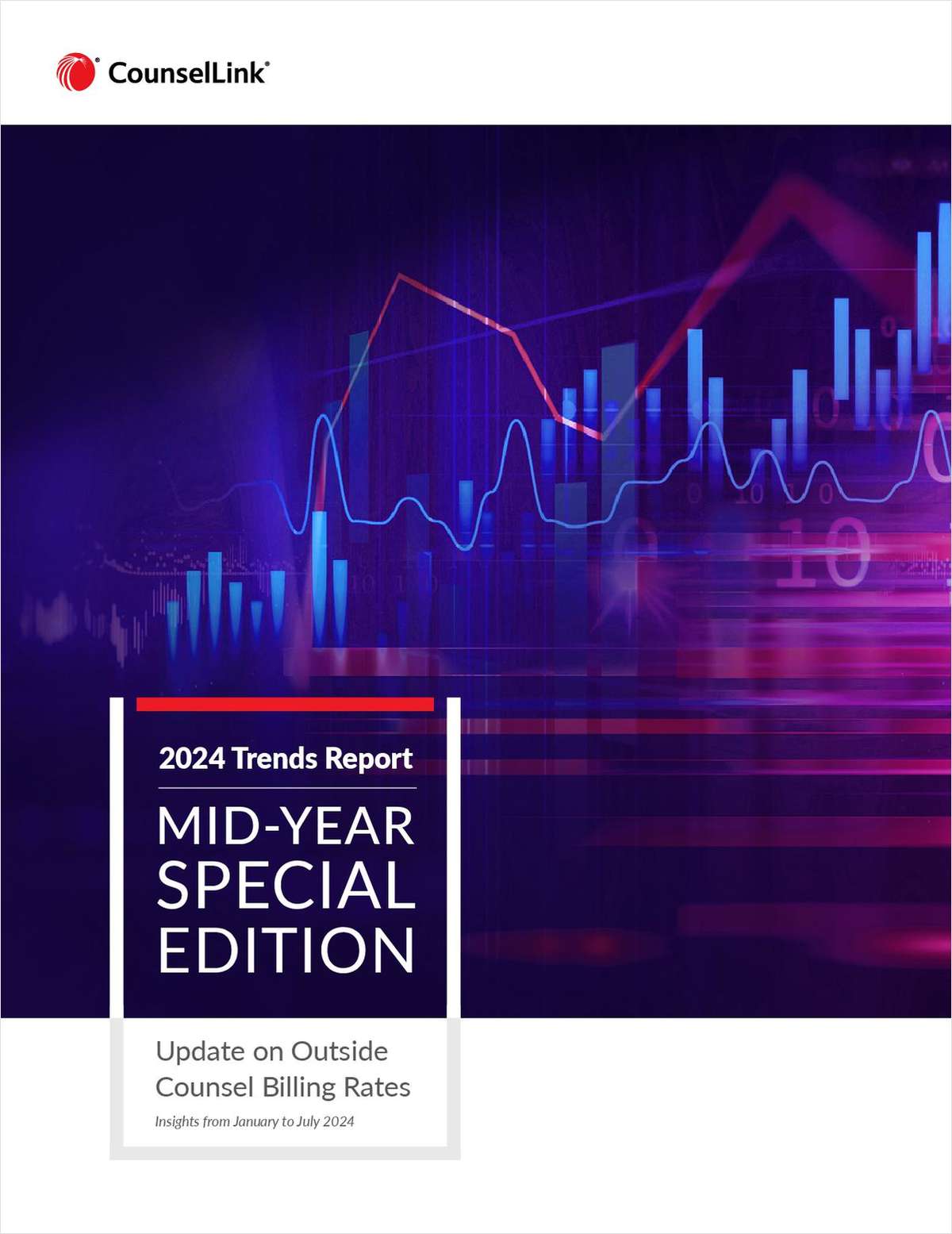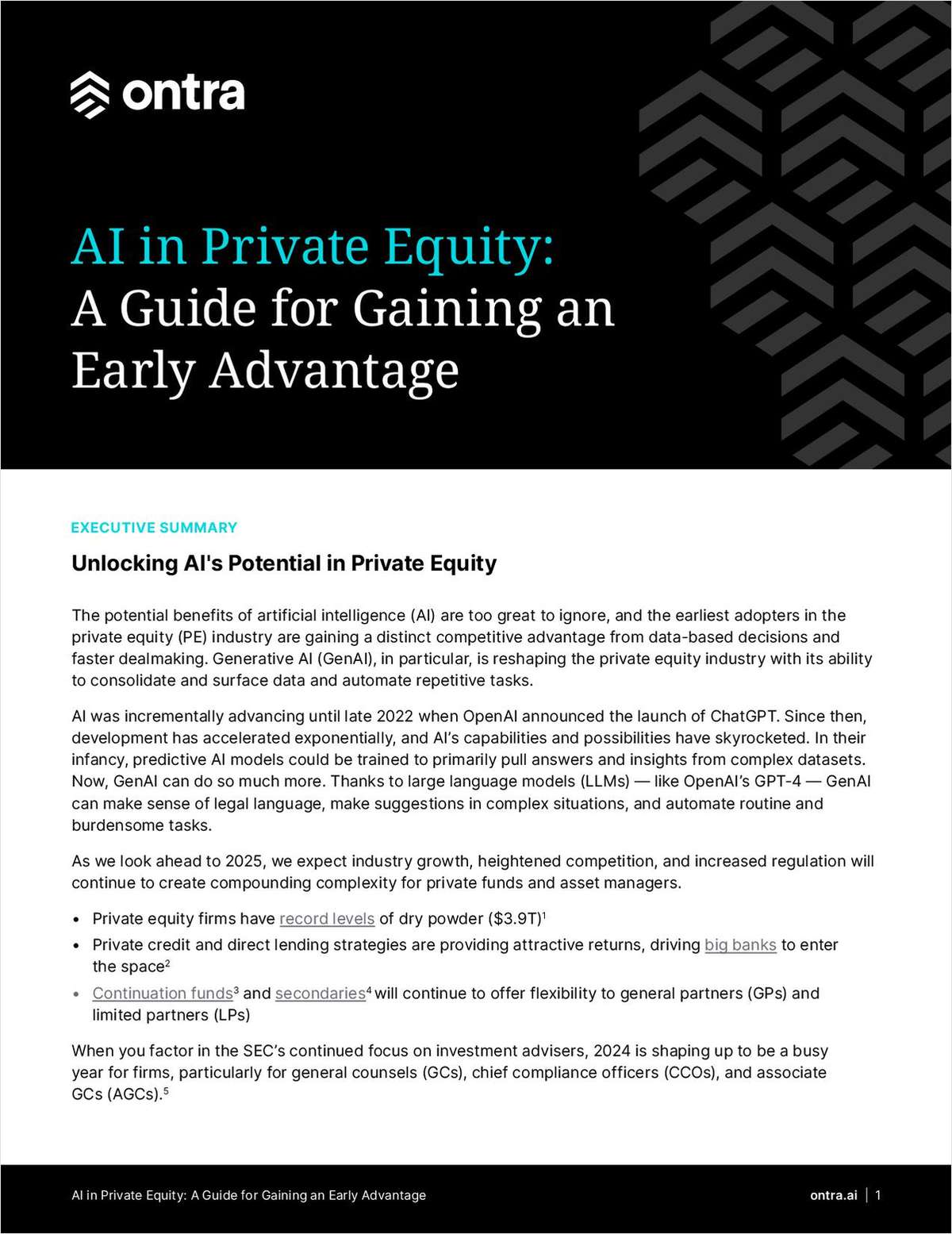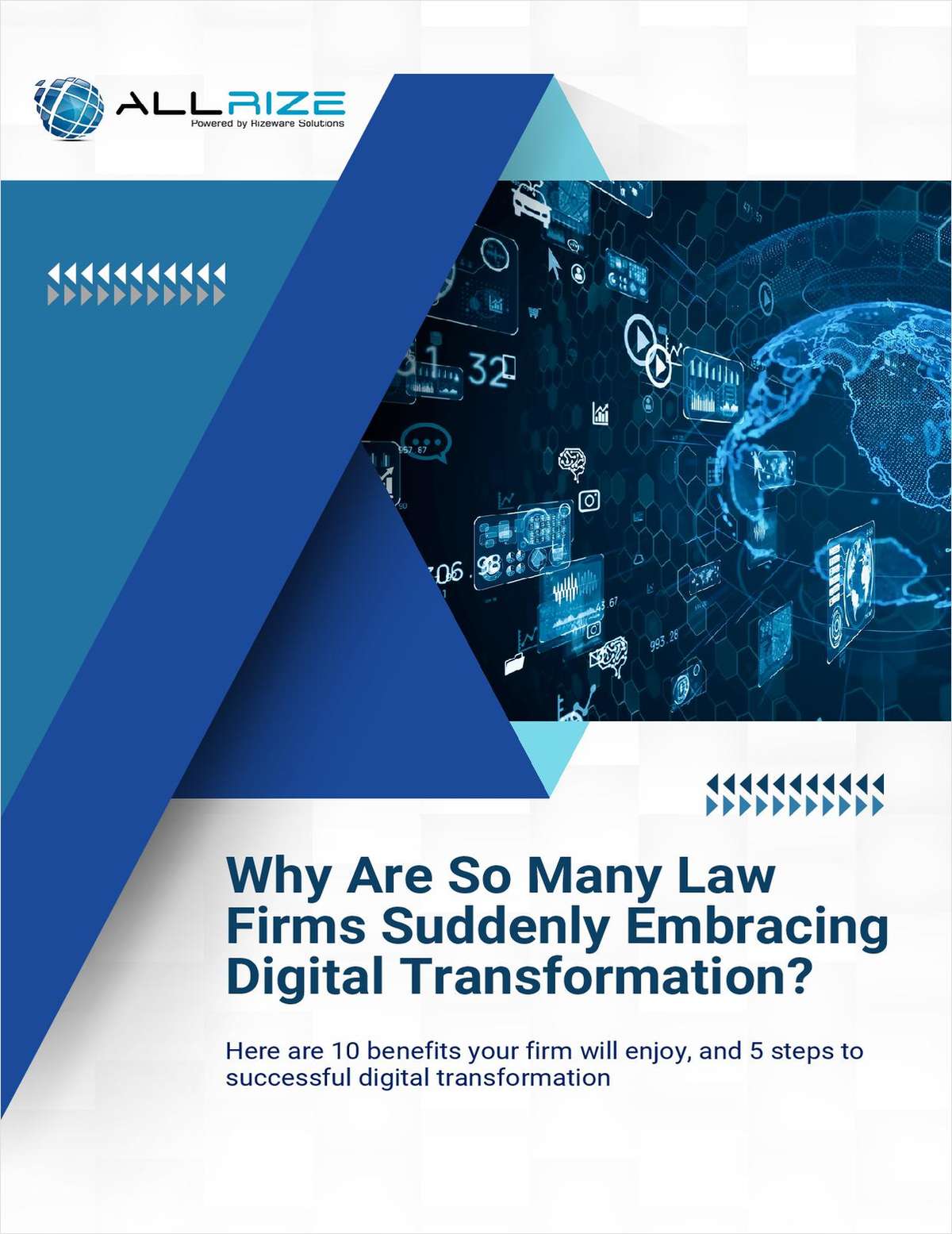Vendor Voice: Will Big Data Eat Proportionality?
In an era where software eats the world, will Big Data consume proportionality?
January 22, 2015 at 01:56 PM
6 minute read
The original version of this story was published on Legal Tech News
Editor's Note: This article was chosen in the second annual blind competition by the Arizona State University-Arkfeld E-Discovery and Digital Evidence Conference. The other two 2015 winners are Joel Henry, and Maureen O'Neill. The three have been invited to present their papers during the conference, which will be held at ASU's Sandra Day O'Connor College of Law, in Tempe, Ariz., March 11-13. (Monica Bay, LTN's editor-in-chief, also will be speaking at the conference.)
In an era where “software eats the world,” will “Big Data” software eat the proportionality doctrine?
The principle of proportionality requires that the burden of discovery must be proportionate to the value of a case. [1] This principle is of particular importance in electronic discovery, where huge volumes of data and difficulties in preserving, collecting and reviewing that data can generate enormous costs, even in cases with a low value.
NOT FOR REPRINT
© 2024 ALM Global, LLC, All Rights Reserved. Request academic re-use from www.copyright.com. All other uses, submit a request to [email protected]. For more information visit Asset & Logo Licensing.
Trending Stories
- 1BD Settles Thousands of Bard Hernia Mesh Lawsuits
- 2First Lawsuit Filed Alleging Contraceptive Depo-Provera Caused Brain Tumor
- 3The Law Firm Disrupted: For Big Law Names, Shorter is Sweeter
- 4The Growing Tension—And Opportunity—in Big Law Nonequity Tiers
- 5The 'Biden Effect' on Senior Attorneys: Should I Stay or Should I Go?
Featured Firms
Law Offices of Gary Martin Hays & Associates, P.C.
(470) 294-1674
Law Offices of Mark E. Salomone
(857) 444-6468
Smith & Hassler
(713) 739-1250








